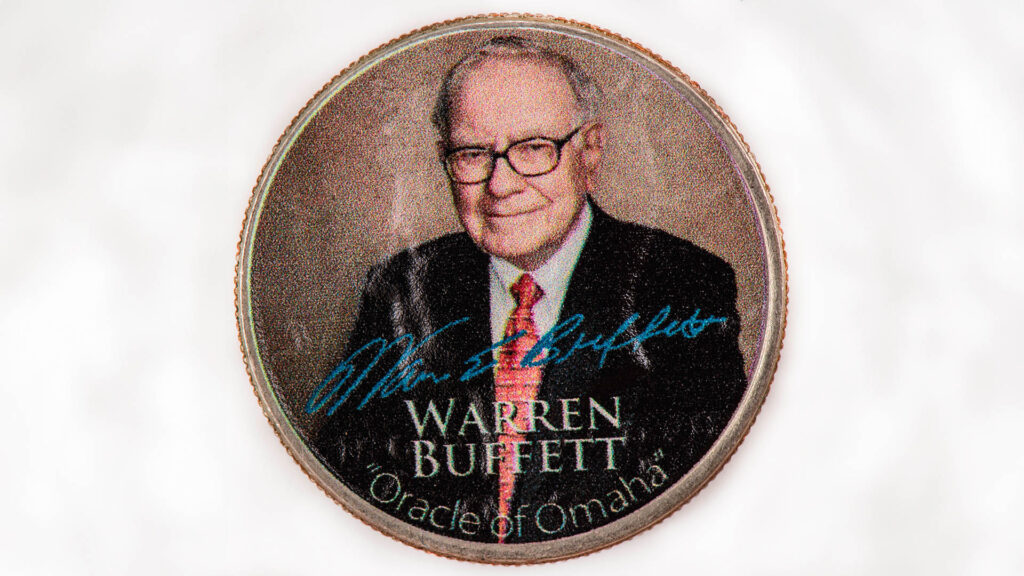From an all-time high earlier this month to the longest fall in 15 years, Berkshire Hathaway and Warren Buffett have experienced the highs and lows of stock market life over the past 12 days.
In fact, Berkshire Hathaway shares haven’t faced a losing streak like this in a decade and a half.
The non-voting B shares peaked at $US478.57 on September 4, which valued the company at just over $US1.027 trillion. Berkshire was also the first non-tech stock to surpass the $US1 trillion value mark.
However, since then, it has been all downhill. The non-voting shares (which better reflect demand than the highly expensive A-class voting shares) are down around 7%, or approximately $US62 billion, now sitting at $US965 billion.
Analysts are somewhat perplexed. They cite a few possible reasons: the selling of Bank of America shares; the decision by Ajit Jain, the company’s head of its vast insurance business, to sell half of his holding for $US139 million (the A-class shares); and a curious belief that Berkshire’s myriad businesses won’t benefit from a rate cut.
Perhaps it’s simply nervous investors worried about the potential impact of a rate cut on Berkshire’s huge holdings of short-dated Treasury notes and bonds, which have a duration of up to one year. These holdings are worth more than $US240 billion, and possibly closer to $US270 billion, given the massive cash flows and share sales in the past month.
Interest income on these holdings is running at more than $US10 billion a year, and some investors may fear that this will start to decline—though not if the company is holding most of its bonds with a maturity of around nine months to one year.
Alternatively, it could be the slump in oil prices that has affected the value of Berkshire’s holdings in Occidental and Chevron.
Recent reports suggest some investors are concerned about the 23% drop in oil prices, which has led to a 28% decline in the price of Occidental shares since mid-April.
Berkshire owns nearly 29% of Occidental and holds warrants to purchase an additional 83.5 million shares at a strike price of $US59.62—almost 20% above the current market price of $US51.05.
However, Berkshire only has $US13 billion invested in Occidental, and a 20% drop is not a significant issue for Berkshire, as Buffett has a policy of waiting out share price fluctuations, both rises and falls.
Finally, there may be some caution in the market after Buffett turned 94 on August 30.

